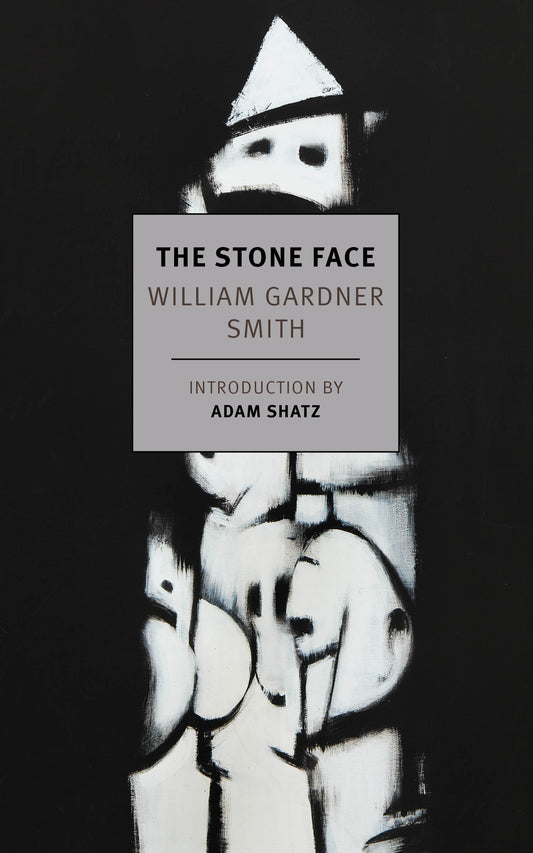Collection:
William Gardner Smith
William Gardner Smith (1927–1974) was born and raised in a black working-class neighborhood of South Philadelphia, where his youth was punctuated by brutal episodes of racist violence: at fourteen, he was stripped and beaten by the police, and at nineteen was assaulted by a group of white sailors. A star student and passionate reader, Smith began reporting for the black-owned Pittsburgh Courier as a high school senior and took a job at the paper after graduating at the age of sixteen. In 1946, he was drafted into the army and stationed in Germany; there he completed his first novel, describing a romance between a German woman and a black American soldier, which would be published two years later as Last of the Conquerors. Returning to the States, Smith continued to contribute to the Courier, studied at Temple University, led demonstrations against police brutality, and pursued an interest in Marxism that soon attracted the attention of the FBI. In 1949 he married Mary Sewell, and in 1950 he published his second novel, Anger at Innocence. Feeling stifled by racism and McCarthyism, Smith left for Paris, where he worked for Agence France Presse and became acquainted with Richard Wright and Chester Himes. His third novel, South Street, about a black radical who returns from exile in Africa to his hometown of Philadelphia, was met with little fanfare when it was published in 1954. In 1956, the US government declined to renew Smith’s passport. Now divorced, he continued to live and work in France, where he met his second wife, Solange Royez, a teacher whose mother had escaped Nazi Germany, and in 1963 The Stone Face came out. Invited to help launch the first television station in Ghana, Smith moved in 1964, with his wife and infant daughter, Michèle, to Accra. His son, Claude, was born there, but after a military coup brought down the government of Kwame Nkrumah, the family returned to Paris. In France, Smith met and married his third wife, Ira Reuben, and another child, Rachel, was born. In 1967, he revisited the United States to write his final book, Return to Black America, published in 1970. He died of cancer in 1974 in a suburb of Paris.





